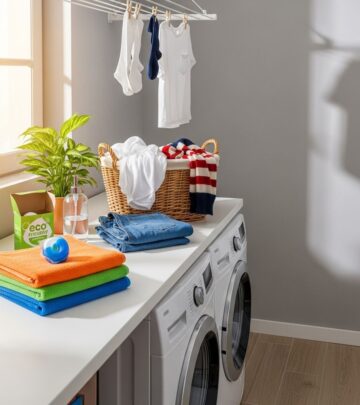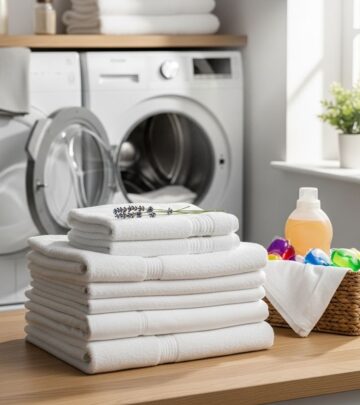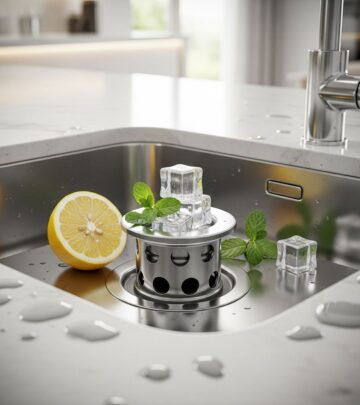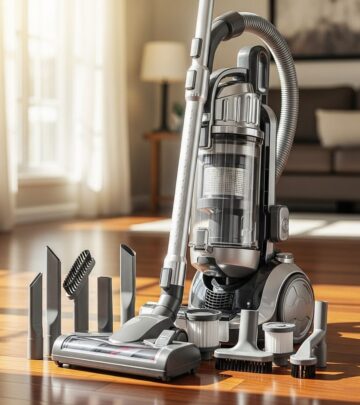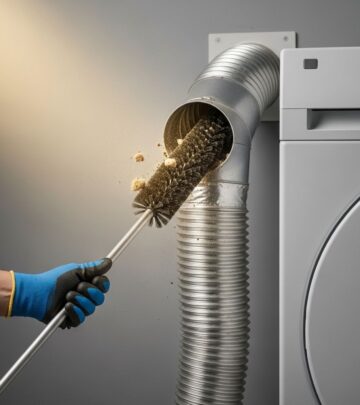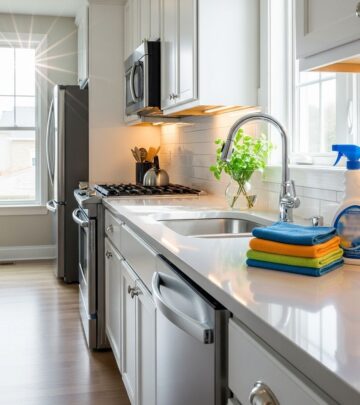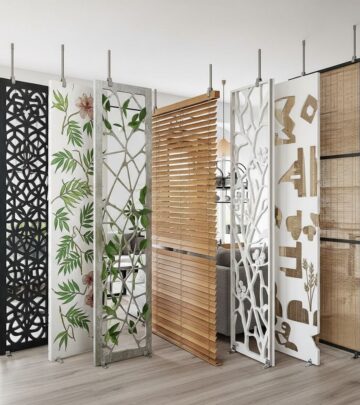Boiler Replacement Cost In 2025: 7 Key Factors And Price Ranges
Learn about boiler replacement costs, key pricing factors, and how to save on your next heating investment.
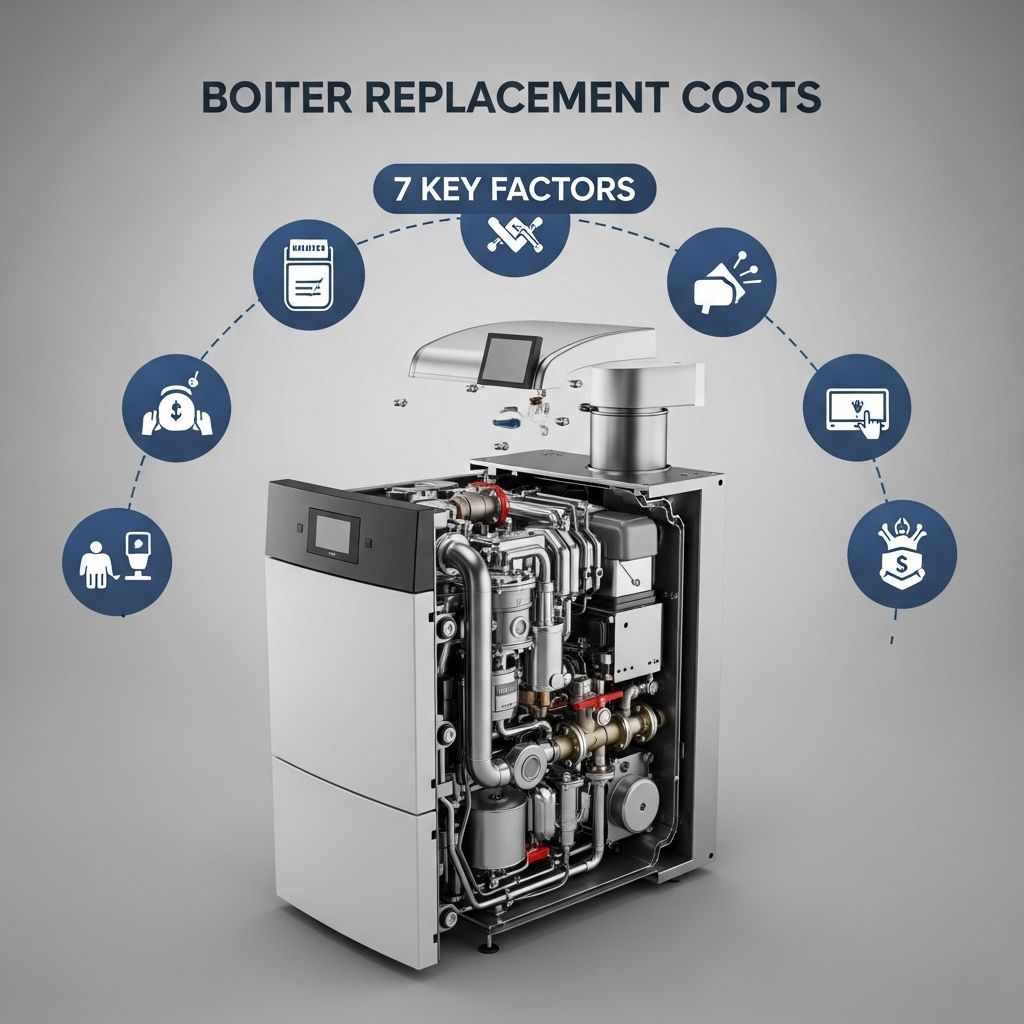
Image: HearthJunction Design Team
Boiler Replacement Cost Guide (2025)
Replacing a boiler is a major home improvement investment that impacts both comfort and energy bills. Whether your current system is aging, inefficient, or frequently in need of repairs, understanding the cost of boiler replacement is crucial for making an informed decision. This 2025 guide covers everything you need to know about boiler replacement costs—including typical price ranges, the key factors influencing total expense, how to estimate the right boiler size for your home, and answers to frequently asked questions.
How Much Does Boiler Replacement Cost?
The total cost to replace a boiler, including both equipment and labor, typically falls between $4,290 and $10,070 in 2025. Many factors can cause the actual price to vary within—or even beyond—this range. A new boiler for a typical 2,000-square-foot home may cost anywhere from $5,000 to $8,000, depending on size and system requirements.
Average Boiler Replacement Costs
- Low end: $4,290
- National average: $7,180
- High end: $10,070 or more
Highly efficient or specialized boilers, larger systems, or homes requiring significant upgrades to piping or controls may see costs well above the average, sometimes up to $15,000 or more.
Main Factors Affecting Boiler Replacement Cost
Several variables influence the final cost you’ll pay for new boiler installation. Understanding these factors can help you budget more accurately and find opportunities to save money.
1. Boiler Type and Technology
- Conventional Boilers: The most basic system. Usually least expensive to buy but may need extra components for hot water storage.
- Combi (Combination) Boilers: Compact units that provide space heating and hot water on demand. Often cost-effective for smaller homes.
- System (Sealed System) Boilers: Include a built-in expansion vessel and other features, ideal for homes with higher hot water demand.
- High-Efficiency/Condensing Boilers: More expensive but deliver significant energy savings over time.
- Fuel type: Natural gas, propane, oil, and electric boilers differ in purchase price, installation requirements, and operating costs.
2. Boiler Size and Home Square Footage
The size and BTU output required for your home directly impact equipment cost. Larger homes or those with higher heating needs require more powerful boilers, which are costlier.
- Average 2,000 sq. ft. house: 60,000–100,000 BTU/h boiler (costs $5,000–$8,000)
- Proper sizing is critical for efficiency and longevity. HVAC pros use a heat load calculation for accuracy.
3. Efficiency Rating (AFUE)
- AFUE = Annual Fuel Utilization Efficiency. The higher the rating, the more fuel the unit converts to usable heat.
- Standard efficiency: 80%–85% AFUE
- High-efficiency condensing models: 90%–98% AFUE (higher upfront cost, greater long-term savings)
4. Labor and Installation Complexity
- Labor costs can represent 30%–50% of the total project price.
- Simple swap-outs usually cost less:
- Replacing same fuel type and similar size boiler
- Minimal piping or venting changes required
- Complex projects cost more:
- Changing fuel type (e.g. oil to gas)
- Significant piping, venting, or wiring updates
- Old homes or unique layouts
5. Additional System Upgrades
- Piping replacement or repairs
- Adding or updating radiators
- Electrical panel upgrades
- New thermostats or smart controls
- Water treatment or filtration (to prolong new boiler life)
6. Brand and Manufacturer
- Premium boiler brands generally cost more but may offer better warranties, features, or local support.
- Discuss options with your installer for a balance of quality and value.
7. Regional Price Differences
- Labor rates, building codes, fuel availability, and local market factors all impact final pricing.
- Urban areas or regions with high labor costs may pay more than rural communities.
Typical Boiler Costs by Fuel Type
| Boiler Type | Average Installed Cost | AFUE Range |
|---|---|---|
| Gas (Standard) | $4,500–$7,000 | 80%–85% |
| Gas (Condensing/High-Efficiency) | $7,000–$10,500 | 90%–98% |
| Oil | $6,500–$9,500 | 83%–87% |
| Electric | $4,000–$6,500 | 95%–100% |
| Propane | $6,500–$10,000 | 90%–98% |
These ranges include installed prices and can vary with system size, location, and other project details.
Signs It’s Time to Replace Your Boiler
Not sure if you need a new boiler? Watch for these common indicators:
- Your boiler is over 15–20 years old
- Rising heating bills despite steady usage
- Frequent breakdowns or costly repairs
- Unusual noises (banging, whistling, gurgling)
- Heating is uneven or insufficient
- Visible leaks, rust, or corrosion
Replacing a boiler approaching or beyond its expected lifespan can improve comfort, cut fuel costs, and reduce the risk of an emergency failure.
How to Save on Boiler Replacement
- Get Multiple Quotes: Compare estimates from at least three licensed HVAC contractors.
- Consider Rebates: Look for utility, manufacturer, or government incentives for energy-efficient upgrades.
- Choose the Right Size: Don’t oversize or undersize your system; both are inefficient and costly in the long run.
- Bundle Upgrades: Combine boiler replacement with other improvements (thermostats, water heaters) to save on labor.
- Plan Off-Season: Installation in late spring or summer may come with lower rates or more scheduling flexibility.
Boiler Replacement vs. Repair: When to Upgrade
| Situation | Repair? | Replace? |
|---|---|---|
| Minor fault, system under 10 years old | Yes | No |
| Frequent, expensive repairs | No | Yes |
| Heating bills rising, low efficiency | Maybe | Yes (if system is older) |
| Outdated technology, safety concerns | No | Yes |
Generally, if repair costs exceed 50% of the price of a new boiler, or if your unit is nearing its lifespan, replacement may be more economical in the long run.
How to Choose the Right Boiler for Your Home
Finding the ideal boiler involves balancing fuel type, efficiency, size, and budget. Here are some key tips:
- Consult a professional for a heat load calculation
- Research fuel prices and availability in your area
- Compare efficiency ratings (AFUE)
- Evaluate upfront vs. long-term operating costs
- Consider future plans (remodeling, additions) that may change heating needs
Boiler Replacement Cost FAQs
What is the life expectancy of a boiler?
The average boiler lasts 15 years or more. Professional installation and regular maintenance can extend its service life.
How long does boiler replacement take?
Most boiler replacements are completed within three days, though complex projects or upgrades can take longer.
Is it worth replacing a 20-year-old boiler?
Yes. Boilers older than 20 years are often inefficient and costly to repair. Upgrading improves energy efficiency and reliability.
How much does it cost to replace a boiler in a 2,000-square-foot house?
A typical 2,000-square-foot home needs a boiler in the 60,000–100,000 BTU/h range, which usually costs $5,000–$8,000 installed. Get a professional quote for best accuracy.
What factors affect the cost the most?
- Boiler type and technology
- System size and home square footage
- Efficiency rating
- Installation labor and complexity
- Additional upgrades or repairs needed
Conclusion
Boiler replacement is a significant investment, but it can lead to better comfort, lower fuel bills, and increased home value. By understanding the main cost factors, average price ranges, and tips to save, you can approach your boiler upgrade with confidence. Always consult a qualified HVAC professional for personalized advice and a detailed quote tailored to your home’s needs.
References
Read full bio of Shinta

